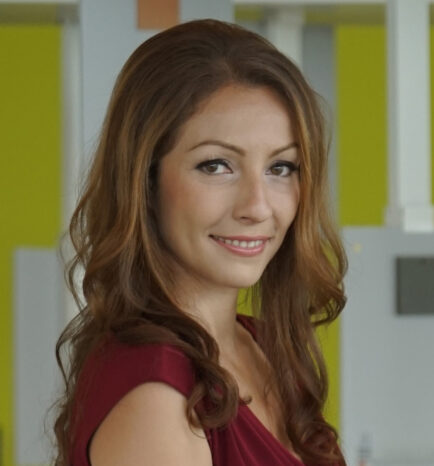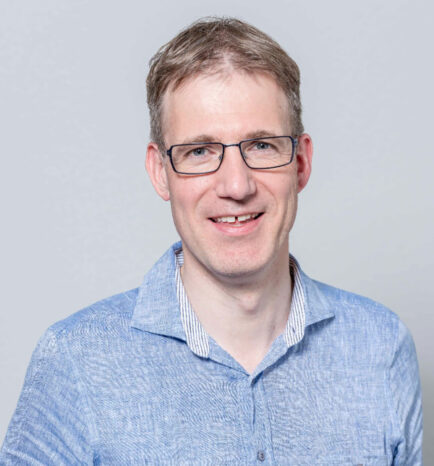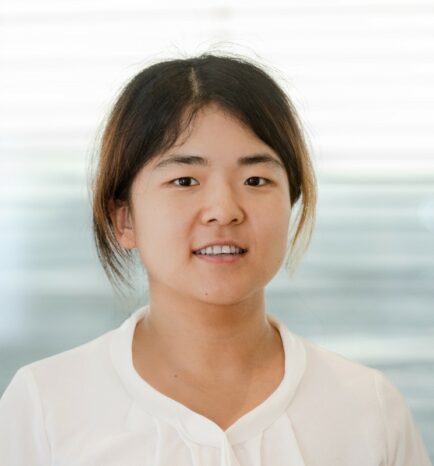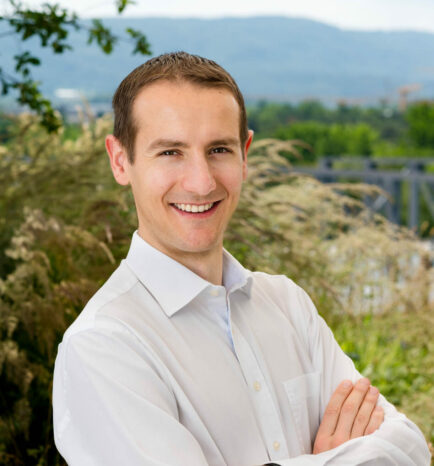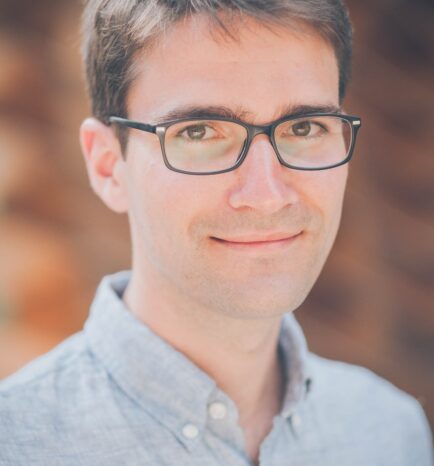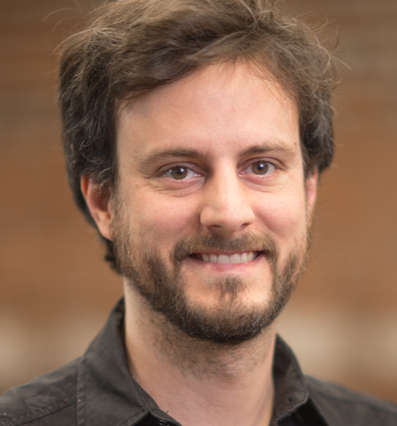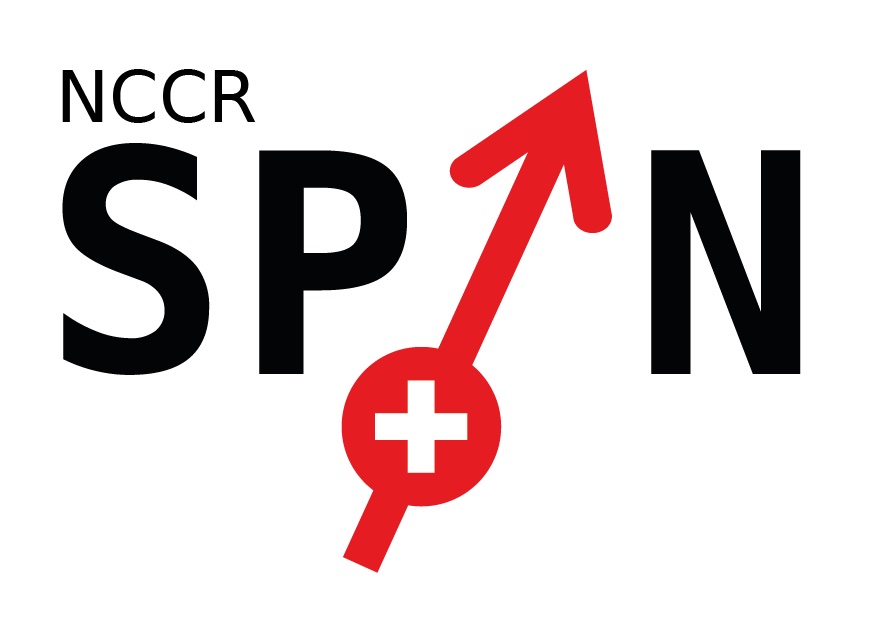
If the promises of emerging quantum technologies are fulfilled, they will have major consequences for the life sciences, biotech, and medtech industries. Quantum-driven chemical modeling has the potential to speed up drug discovery, while quantum sensors are already unlocking new levels of precision measurement. Join us at The Engine for a panel bringing together experts from Basel, Switzerland, and the Boston area to understand how quantum can catalyze a new era of life sciences innovation.
Program
- 5:00pm – Doors open
- 5:30pm – Introductory remarks
- 5:40pm – Virtual lightning talks – QuantumBasel, Roche
- 5:50pm – Expert panel – NVIDIA, University of Basel & NCCR SPIN, FHNW, IBM, GESDA (moderating)
- 6:30pm – Networking
- 7:30pm – End of event
iCal / Outlook
Event start time
-
Boston
5:00PM
Speakers
-
![]()
Bio
Elica Kyoseva
NVIDIAElica’s work is focused on leading the quantum algorithm engineering and strategic partnerships teams as Director of Quantum Algorithm Engineering at NVIDIA. With more than 15 years of experience in the field of quantum computing, Elica has held leadership positions in academia, venture capital, and industry on three continents – Europe, Asia, and North America. She was a Fellow at the Massachusetts Institute of Technology, a Marie Sklodowska-Curie Fellow at Tel Aviv University, and an entrepreneur in residence at a venture capital firm. Elica also serves as a Scientific Advisor for the European Commission’s Quantum Flagship Initiative and the European Innovation Council, where she has made funding decisions for over EU40M.
-
![]()
Bio
Dominik Zumbühl
University of Basel & NCCR SPINProfessor Dominik Zumbühl is a physicist at the University of Basel. His lab conducts quantum transport experiments in semiconductor nanostructures, in order to investigate quantum coherence, electron and holes spins as well as nuclear spins and interactions. In addition to examining spin quits for quantum computing, he also researches nanowire and 1D systems for novel quantum matter, and spin-orbit coupling in quantum dots, wires, and wells, among other projects. Zumbühl serves as Director of the Swiss National Centre of Competence in Research: Spin Qubits in Silicon (NCCR SPIN).
-
![]()
Bio
Yvonna Li
RocheYvonna Li is a senior scientist in Roche Pharma Research & Early Development, based in Basel. Her focus is on machine learning and its application to image analysis in the context of early clinical development. She has a special interest in quantum computing and its application to the pharma industry and machine learning.
-
![]()
Bio
Frederik Flöther
QuantumBaselDr. Frederik F. Flöther is Lead Quantum & Deputy CEO at QuantumBasel, the first commercial quantum hub of Switzerland. Prior to that, he was over 7 years with IBM, most recently responsible for healthcare and life sciences at IBM Quantum. Frederik has more than a decade of experience in quantum computing and artificial intelligence (AI) and the delivery of global consulting and research engagements. He was elected to the IBM Academy of Technology and appointed Master Inventor and Qiskit Advocate. Frederik holds a PhD in physics, with a focus on photonic quantum computing, and a MA, MSci, and BA from the University of Cambridge as well as a professional certificate in quantum computing applications from MIT. In total, he has authored over 40 filed patents, peer-reviewed publications, white papers, and book chapters, e.g. “Predicting the early risk of chronic kidney disease in patients with diabetes using real-world data” (Nature Medicine 25.1 (2019): 57-59).
-
Bio
Catherine Lefebvre
GESDACatherine Lefebvre is the Boston-based Senior Advisor for the Open Quantum Institute, which was launched by the Geneva Science and Diplomacy Anticipator (GESDA). Lefebvre has previously held multiple roles, including as Vice President of Global Policy and Partnerships at PASQAL; U.S. and Canada Innovation Ambassador for quantum technology company M Squared; advisor in quantum technologies at Quebec Ministry of Economy and Innovation; and Science Liaison Officer for Element AI (acquired by ServiceNow), a global developer of AI solutions. Lefebvre has a background in research with a Ph.D. in molecular physics and quantum chemistry with training in science diplomacy.
-
![]()
Bio
Clément Javerzac
FHNW School of Life SciencesProfessor Clément Javerzac-Galy is a professor of applied quantum computing at the University of Applied Sciences Northwestern Switzerland (FHNW) and a co-founder of Miraex, developing photonic and quantum technologies for next-gen sensing, networking, and computing. He obtained his PhD at EPFL in the group of Tobias Kippenberg. Prior to joining EPFL, he was a guest researcher at NIST (USA) working with William D. Phillips and held a position at Thales Group. He is an engineer from Institut d’Optique (Paris) and studied physics at Université Paris Saclay and EPFL.
-
![]()
Bio
Borja Peropadre
IBMBorja Peropadre is the Head of Technical Engineering and Advocacy for IBM Quantum.
A Boston-based physicist, he has over 15 years of experience in quantum information and quantum computing. Borja holds a PhD in fundamental Physics from the Spanish Research Council (CSIC), where he contributed to the theory of superconducting qubits. Following his PhD studies, Borja’s research focused on near-term practical applications of quantum computing during his time at Harvard University (2013-2016). Since 2016, Borja works in the industry of quantum computing, where he has played a cross-functional role, shaping up the technical strategy for quantum computing adoption across enterprises, startups, quantum hardware companies, and national laboratories.
Partners
Quantum: A Catalyst for Bio is organized by Swissnex in Boston in partnership with the University of Basel, NCCR SPIN, FHNW School of Life Sciences, NVIDIA, and Business Location Switzerland. Hosted at The Engine, the event is part of Project Quantum, Swissnex’s initiative to connect Switzerland and the world in quantum science and technology.
